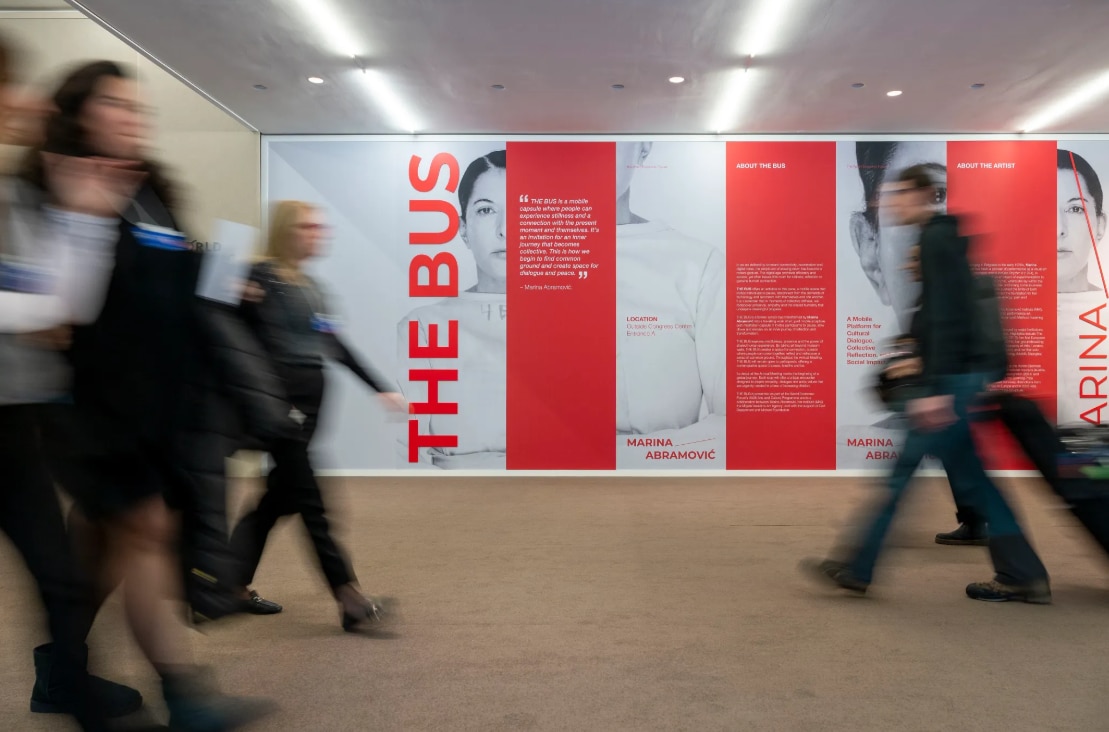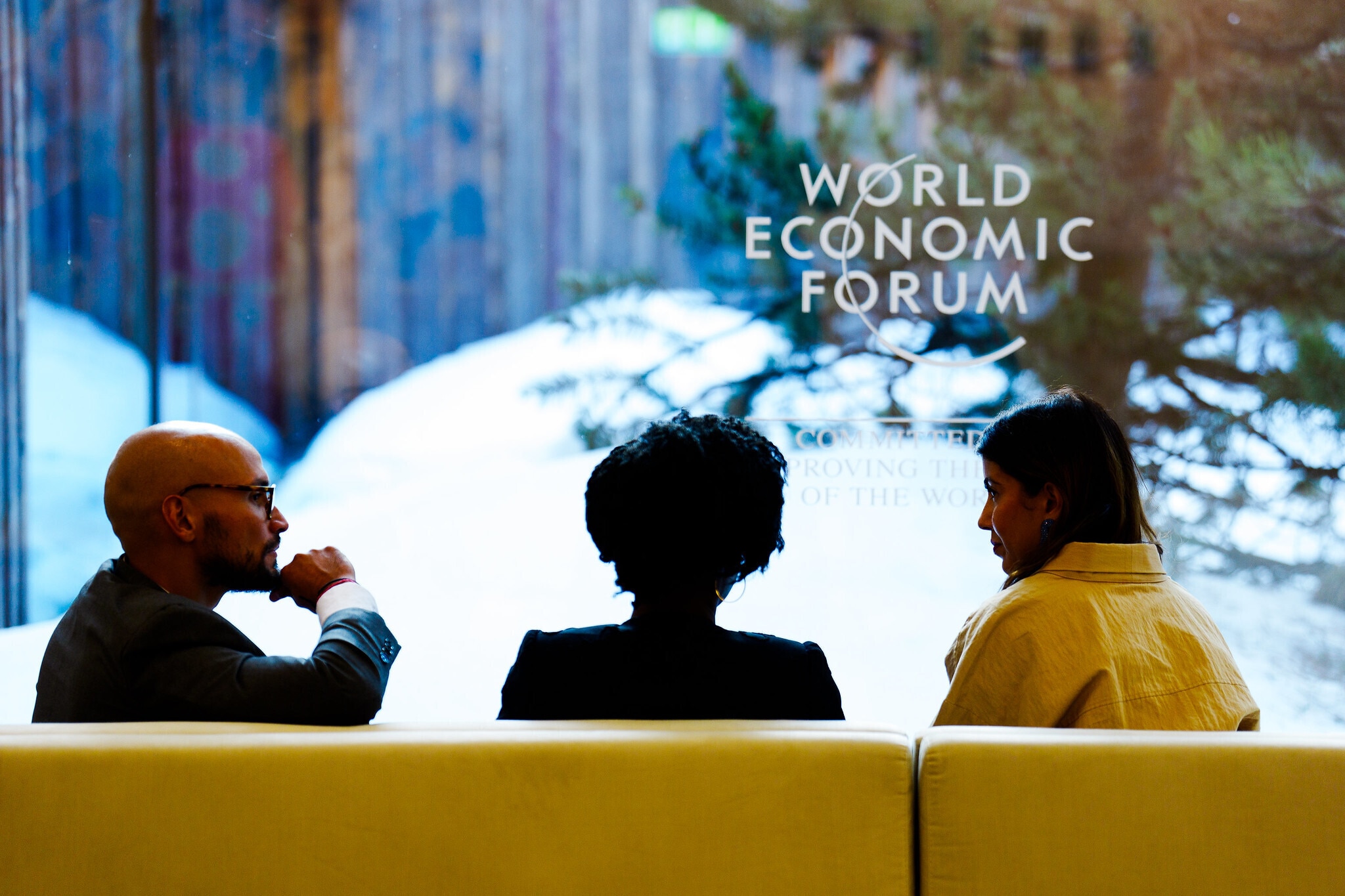Gender stereotypes in the US remain unchanged over 30 years

Visitors walk in front of a installation. Image: REUTERS/Miro Kuzmanovic
Stereotypes about men and women in the United States are largely unchanged from 30 years ago, a new study shows, in findings that researchers said could be reflected in this year's presidential election.
Presumptions about personality traits, occupations, behavior and physical characteristics remained consistent over three decades despite women making advances in education and the workplace, said authors of the study published in Psychology of Women Quarterly, a peer-reviewed journal.
The study drew from data collected among some 190 adults in 1983 and 2014.
Women, for example, were seen more likely to tend house than were men, and men were more likely candidates for household repairs, it said.
Women were thought to be more aware of other people's feelings while men were seen to feel superior to others, it said.

Source: The Times They Are a-Changing ... or Are They Not? A Comparison of Gender Stereotypes 1983–2014
Engineering was perceived as a largely masculine occupation, and nursing was seen as a woman's job, it said.
Such stereotypes are showing up in the U.S. presidential race, where former U.S. Secretary of State Hillary Clinton and U.S. Senator Bernie Sanders are competing for the Democratic Party's nomination, and all the Republican hopefuls are men, the study's authors said.
Clinton, if elected, would be the nation's first female president.
"Her treatment in the press and by voters really exemplifies the negative effect of gender stereotyping," co-author Elizabeth Haines told the Thomson Reuters Foundation in an interview.
"When women act with power, we have a strong backlash reaction to them because they violate our expectation of what a woman should be like - nice, kind and accommodating," said Haines, a professor of psychology at William Paterson University in New Jersey.
According to a March 9 Quinnipiac University poll, men were less likely to vote for Clinton than women by nearly 20 percentage points in next week's Florida primary among likely Democratic voters.
Participants in the study were asked to rate the likelihood that a typical man or woman had a given set of characteristics, the authors said.
Only in terms of financial responsibilities did stereotypes change dramatically, it said. Women and men were seen in the more recent data as increasingly equal parties in personal finance decision-making, it said.
Don't miss any update on this topic
Create a free account and access your personalized content collection with our latest publications and analyses.
License and Republishing
World Economic Forum articles may be republished in accordance with the Creative Commons Attribution-NonCommercial-NoDerivatives 4.0 International Public License, and in accordance with our Terms of Use.
The views expressed in this article are those of the author alone and not the World Economic Forum.
Stay up to date:
Gender Equality
Forum Stories newsletter
Bringing you weekly curated insights and analysis on the global issues that matter.
More on Equity, Diversity and InclusionSee all
Elizabeth Mills and Gayle Markovitz
January 30, 2026






